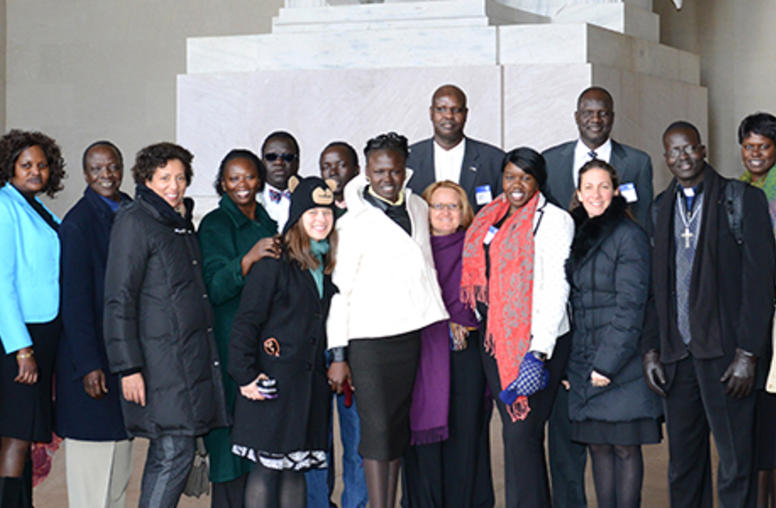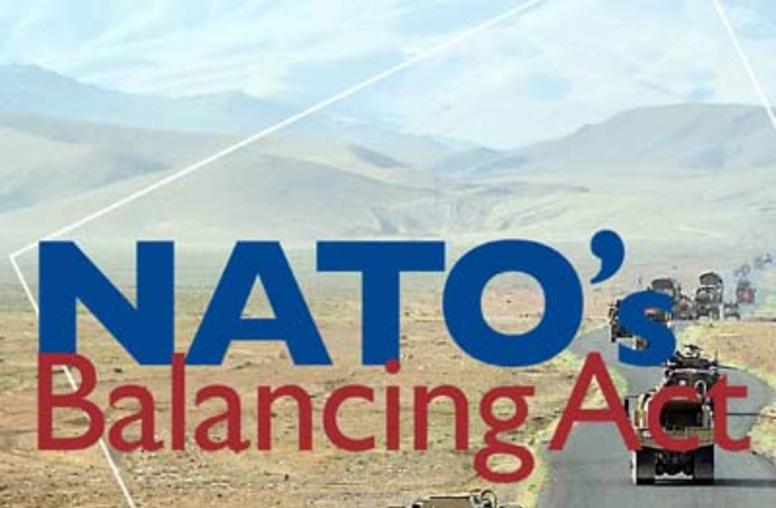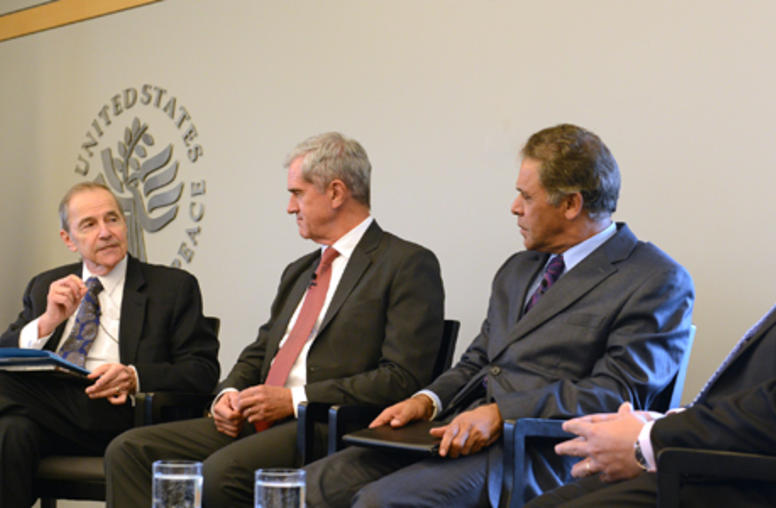On May 5-7, 2009 USIP conducted a SENSE simulation for Interagency participants at the Dupont Hotel in Washington, D.C. in partnership with the Institute for Defense Analyses (IDA) and George Mason’s Peace Operations Policy Program. Forty-three individuals received the training.
On May 5-7, 2009 USIP conducted a SENSE simulation for Interagency participants at the Dupont Hotel in Washington, D.C. in partnership with the Institute for Defense Analyses (IDA) and George Mason’s Peace Operations Policy Program. Forty-three individuals received the training. Several USG organizations were represented, including US Joint Foces Command, Joint Personnel Recovery Agency, US Civil Affairs and Psychological Operations Command (Airborne), US Agency for International Development, Headquarters Division of the Department of the Army, OSD-Program Analysis and Evaluation, and US Department of State (Office of the Coordinator for Reconstruction and Stabilization, and the Bureau of Near Eastern Affairs/Iraq).
During their work in the field and at home, USG Interagency staff members need to be able to interact effectively with a wide array of actors.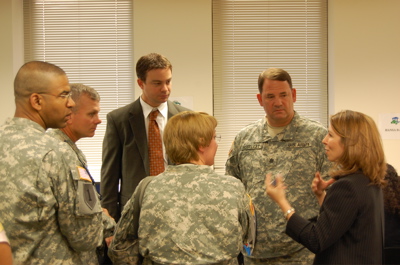 Therefore, USIP believed that participants would benefit through interactions with individuals employed by international and nongovernmental organizations and the business community engaged in post-conflict stability operations. Participants from these sectors included staff from Management Systems International; Nathan Associates, Inc.; Detica; National Defense University’s Center for Complex Operations; Southern Sudanese Voice for Freedom; the Center for Strategic and International Studies; the National Association of Concerned Veterans; Center for Complexity Analysis; Logos Technologies; Mercy Corps; and the Embassy of the Republic of Yemen and the Democratic Republic of Congo also participated.
Therefore, USIP believed that participants would benefit through interactions with individuals employed by international and nongovernmental organizations and the business community engaged in post-conflict stability operations. Participants from these sectors included staff from Management Systems International; Nathan Associates, Inc.; Detica; National Defense University’s Center for Complex Operations; Southern Sudanese Voice for Freedom; the Center for Strategic and International Studies; the National Association of Concerned Veterans; Center for Complexity Analysis; Logos Technologies; Mercy Corps; and the Embassy of the Republic of Yemen and the Democratic Republic of Congo also participated.
The simulation was highly successful and feedback from participants was very positive. Some excerpts from that feedback is included below:
“Playing a “peace game” is of great value to OSD since we generally engage in “war games” exclusively. Seeing the other side of conflict in effect helps us enhance our irregular warfare program to prevent failed states.”
“SENSE was extremely rewarding, challenging, and stimulating. I learned a lot about the role of negotiation and personal discussion.”
“In helps participants understand how various components of a state can interact to either improve or destroy a country.”
“Personally, I gained a greater appreciation and understanding of the complexity of the world system and what effects what—everything is connected.”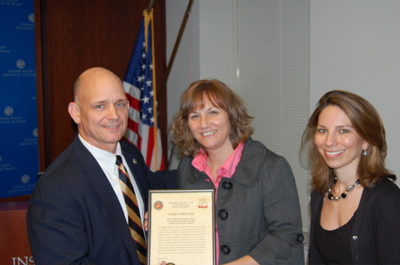
“I was pushed to think more comprehensively and rapidly about a range of actors working for a range of goals in a limited period of time.”
This simulation was the second in a series that USIP is conducting in order to provide the Interagency community in DC with the benefits of participation in SENSE. This series of simulations is a part of a collaborative project with IDA and OSD to give opportunities for a diverse group of individuals from various communities including full USG interagency, private sector, NGOs and internationals to interact and work together.
Another objective of the collaborative efforts is to revise and expand the capability of SENSE further, by enhancing the scenarios to include challenges directly relevant to Afghanistan. More specifically, the modified version will include regional actors and planting seasons, the latter because we are significantly altering the fictitious country’s economy—from an industrialized to an agricultural one.
